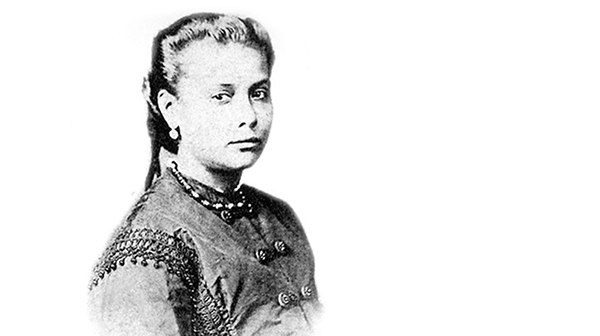Three pioneers of Brazilian Music
When we think of early Brazilian music, late 1800’s and early 1900’s, there is a style that readily comes to mind – choro. There are three outstanding choro composers of this era: Chiquinha Gonzaga, Ernesto Nazareth, and Pixinguinha.
Chiquinha Gonzaga (October 17, 1847, Rio de Janeiro – February 28, 1935 Rio de Janeiro) lived in many worlds with the fluidity to go from the elite of Rio de Janeiro, as well as the urban bars where you would find the “chorões” (choro players). She was the first woman conductor of Brazil and wrote the first major carnaval hit known as “Abre Alas.”

Ernesto Nazareth (March 20, 1863, Rio de Janeiro – February 4, 1934 Rio de Janeiro) had a classical music background and wrote choros as well as what he called “Tango Brasileiro,” a term he used to disguise the “street music and dance” which was in fact, maxixe – a sensual style that contrasted with his classical training. Interestingly enough, Ernesto used to perform his compositions in the foyer of the Odeon movie theater in Rio – for which he wrote the famous piece, “Odeon.”

ACC-foto01
Alfredo da Rocha Viana, Jr. (April 23, 1897 Rio de Janeiro – February 17, 1973, Ipanema, Rio de Janeiro, Brazil), widely known as Pixinguinha, is one of the all time most respected Brazilian instrumentalists and composers. He got his nickname from his African grandmother who called him “Pizinguim” which means “good boy” in African dialect. He was able to decode Brazilian rhythms and phrasing so that sheet reading musicians could perform them. Therefore, establishing the basis for a truly instrumental style of Brazilian music. His composition “Carinhoso” became one of the top three most famous Brazilian songs at the turn of the century along with Aquarela do Brasil, and The Girl from Ipanema.

If you look into the progression of popular Brazilian music, we see lundu, maxixe, choro, and samba – all which have an important presence of afro-brazilian elements. Each of them with their social relevance. For example, maxixe was among the most popular styles around the world in the early 1900’s in Paris and even in Fred Astair films. We have an opportunity to experience this music on April 26th at 7pm. Click here to RSVP.
“Jazz is the American choro” – Hamilton de Holanda
